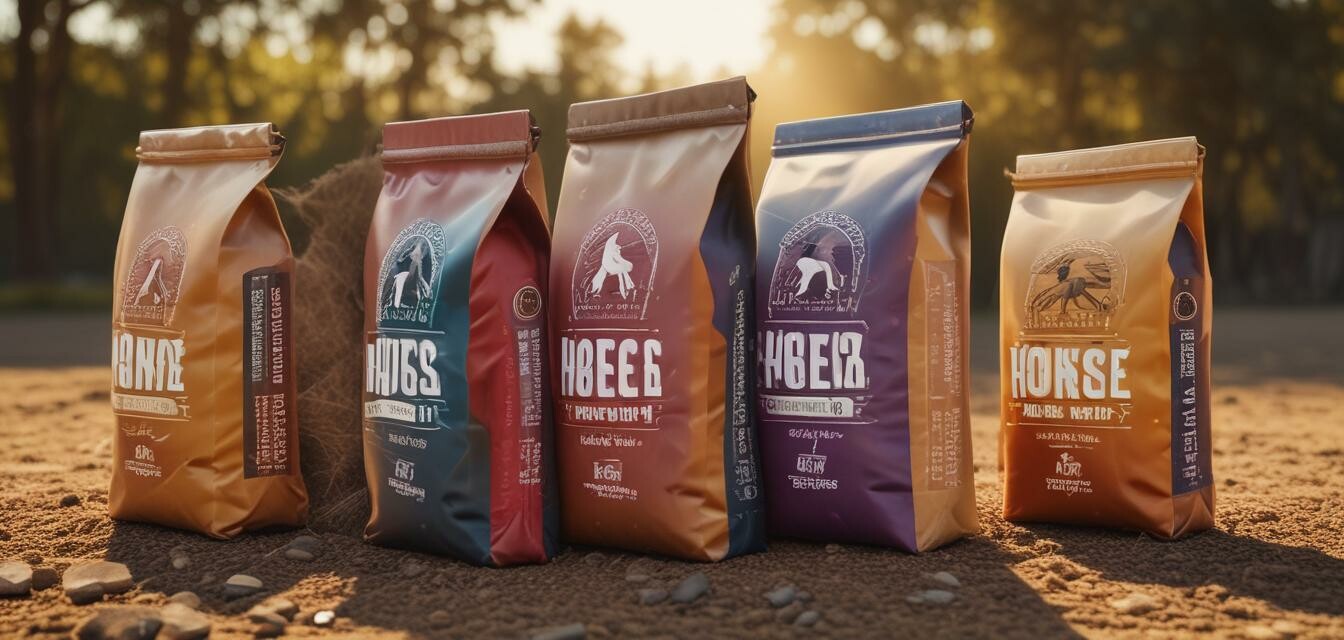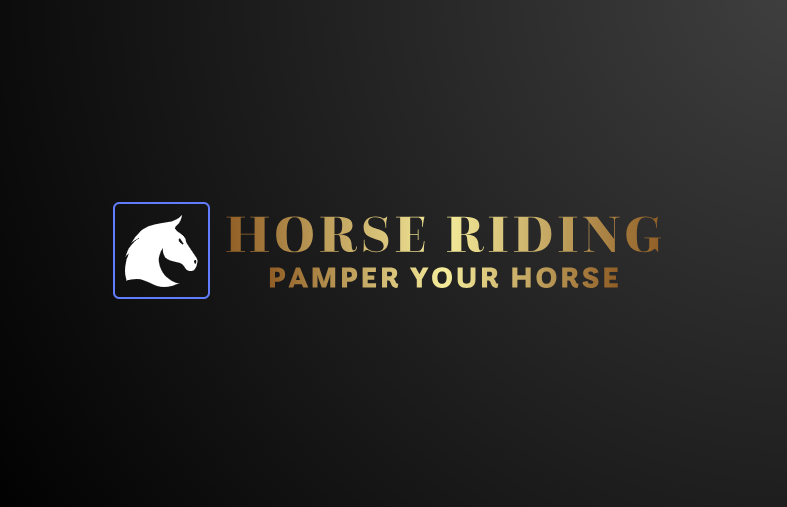
Choosing the Right Horse Feed: A Comprehensive Guide
Key Takeaways
- Understand your horse's age, activity level, and health needs when selecting feed.
- Different types of horse feed serve different purposes - familiarize yourself with them.
- Regularly monitor your horse’s condition to make necessary adjustments in feeding.
- Consult with a veterinarian or equine nutritionist for tailored recommendations.
- Quality feed can significantly impact your horse's performance and overall health.
Choosing the right feed for your horse is crucial for their well-being and performance. Horses require balanced nutrition to thrive, and the wrong feed can lead to health issues or reduced performance. In this guide, we’ll explore the key factors to consider and provide insights to help you make informed decisions.
Understanding Your Horse's Nutritional Needs
Before you can select the best feed for your horse, it’s vital to understand their specific nutritional requirements. Here are the primary factors that influence what your horse needs:
- Age: Young horses have different nutritional requirements than adult horses or seniors.
- Activity Level: Performance horses need a higher calorie and nutrient intake compared to casual riding horses.
- Health Status: Horses with specific health issues may require special feed or supplements.
Types of Horse Feed
There are several types of horse feed available, each catering to different needs:
| Type of Feed | Description | Best For |
|---|---|---|
| Grains | Energy-dense feeds such as oats, corn, and barley. | Active horses needing high energy. |
| Pellets | Processed feed that compresses nutrients into small pellets. | All horses, especially those with dental issues. |
| Complete Feeds | Formulated feeds that provide balanced nutrition and can be fed alone. | Horses with no access to hay or pasture. |
| Hay | Essential forage that provides fiber and is critical for digestive health. | All horses; serves as a primary food source. |
| Supplements | Added nutrients to support specific health needs. | Horses needing additional vitamins or minerals. |
How to Select the Right Feed
Selecting the appropriate feed involves understanding both your horse’s needs and the various feeding options. Follow these steps for a more tailored approach:
- Assess Your Horse: Note their age, breed, activity levels, and any health considerations.
- Evaluate Feed Options: Based on the table above, consider feed types that match your horse's needs.
- Read Labels: Check ingredient lists and nutritional information on feed bags.
- Consult a Professional: Discuss with a veterinarian or equine nutritionist if unsure.
- Monitor and Adjust: Regularly observe your horse's condition and adjust feeding as necessary.
Pros
- Ensures balanced nutrition tailored to your horse’s needs.
- Promotes optimal health and performance.
- Allows easier digestion with the right type of feed.
Cons
- Can be costly depending on the feed type and quality.
- Requires knowledge of equine nutrition.
- May involve trial and error to find the perfect fit.
Common Mistakes When Choosing Horse Feed
Even experienced horse owners can make mistakes. Here are some common pitfalls to avoid:
- Choosing feed based on price rather than quality.
- Ignoring changes in activity level that necessitate feed adjustments.
- Failing to provide adequate forage alongside concentrates.
- Over-supplementing without professional advice.
Monitoring Your Horse's Condition
Once you’ve selected a feed, keep an eye on your horse's health and performance. Look for signs such as:
| Signs to Watch | Possible Issues |
|---|---|
| Poor coat condition | Nutritional deficiency |
| Weight loss | Insufficient caloric intake or health issues |
| Lethargy | Not enough energy from feed |
| Excessive energy | Too much high-calorie feed |
If you notice any of these symptoms, consult with a vet to adjust your feeding strategy accordingly. Regular health check-ups can also provide insights into your horse's nutritional needs.
Conclusion
Choosing the right feed for your horse involves understanding its unique needs and evaluating the options available. Whether you opt for grains, pellets, complete feeds, or supplements, ensuring balanced nutrition is paramount. Take the time to monitor your horse's condition and adjust their diet as necessary. For more tips and guidance in finding the best nutrition for your equine partner, check out our Rider Tips and Advice section.
For further insight into various horse supplies and gear, visit our Horse Supplies category. You can explore different brands, and types of feed in our Equestrian Gear section.
